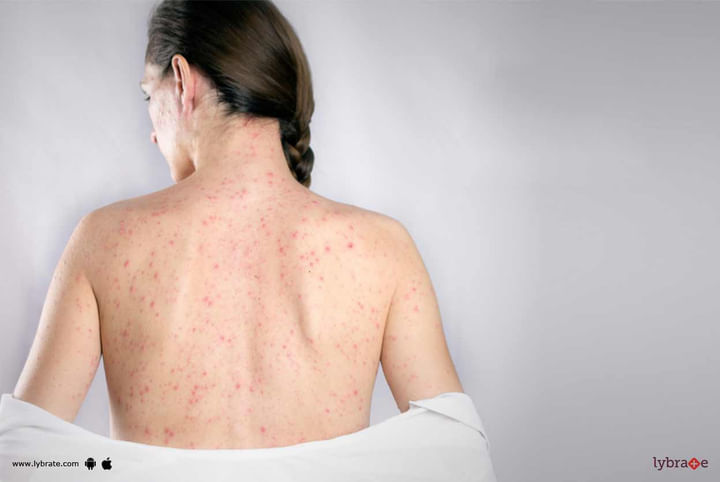Syphilis - How To Detect It?
Syphilis is a STD caused by the bacterium Treponema pallidum. It has several stages, like primary, secondary, latent and tertiary and is common in homosexual men. It should be remembered that Syphilis is curable. It can be treated, if diagnosed in an early stage. It can be cured, if medical help is sought for. Sharing toilets, clothes, or utensils don’t cause this disease. It will vanish forever, if treated at once. However, it can be reinfected if exposed to the bacteria through new syphilis sore. It can also spread, if transmitted by direct touch or contact with Syphilitic sore via anus, skin surface, vagina, mouth and lips. It is very rare though that syphilis can be spread during a kiss.
Syphilis can live within the body for months, even years or decades. Initially, it remains as a painless sore on the genitals like anus, vagina, mouth or skin surface. If present for many years, there is an increased risk of contracting HIV.
Causes
The major causes of syphilis are unsafe sex with homosexual partners and the practice of having unprotected sex like anal, vaginal and oral sex. Individuals who have multiple sexual partners and are especially sexually linked to HIV-infected persons have the highest risk of contracting Syphillis.
It can not only be spread through multiple sexual unsafe intercourses but also has its high risk in spreading from mother to baby during pregnancy; commonly unknown as congenital syphilis. In such cases, the baby has low birth weight and can develop cataract, deafness or seizures. In some cases, even newborn babies die from the disease.
Diagnosis
The doctor will first conduct a physical examination of the patient. Thereafter, blood and urine are collected for bacterial test. If a sore is found on the body, the doctor may collect a sample from the sore to examine the presence of syphilis bacteria. If there are nervous system disorders in the patient, a spinal tap or lumbar puncture is done to collect the spinal fluid. The fluid is then tested for syphilis bacteria.
Treatments for syphilis
Initially, syphilis is treated with penicillin. It has to be kept in mind that long-term exposure to the disease can have life-threatening consequences. Patients suffering from syphilis are either given a single dose or multiple doses of penicillin. The quantum of the dose depends on the nature of symptoms and the infection. Individuals must use condoms to reduce the risk of transmitting the disease while having sexual intercourse. In the case of penicillin allergy, the patient is recommended to have alternative medicines. Infants and newborns born with syphilis undergo antibiotic treatment.



+1.svg)
